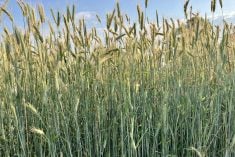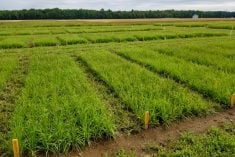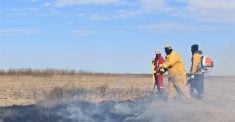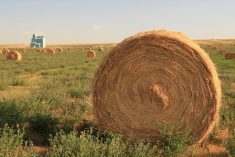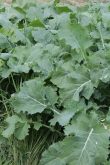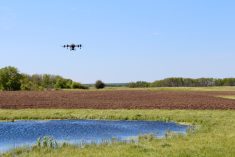I started farming on my own back in 1996. I was fresh out of college and had a huge passion for grazing. I was very lucky to have a lot of great mentors who were patient enough to put up with my never-ending questions.
I was eager and I just could not get enough education about grazing. But where did that come from? The best education that I have ever received did not come from academia. It came from those innovators and early adopters who were willing to share their successes and failures with me. It came from my mentors. Dennis Wobeser and Don Campbell were both highly influential to me back then and are high on my list of great mentors.
I was just starting a farm from scratch and that was not an easy task. I was working off-farm, driving a truck long hours, ranching and starting a family. I learned very quickly that there was not enough time for all three. I remember sitting at a truck stop late one night in the fall, hundreds of miles from home, wishing I was back home playing with my kids and my cows. I said to myself, “If I could do anything else as an off-farm job, what would I like to do?” The answer came to me quickly. I would like to teach people about grazing.
Read Also
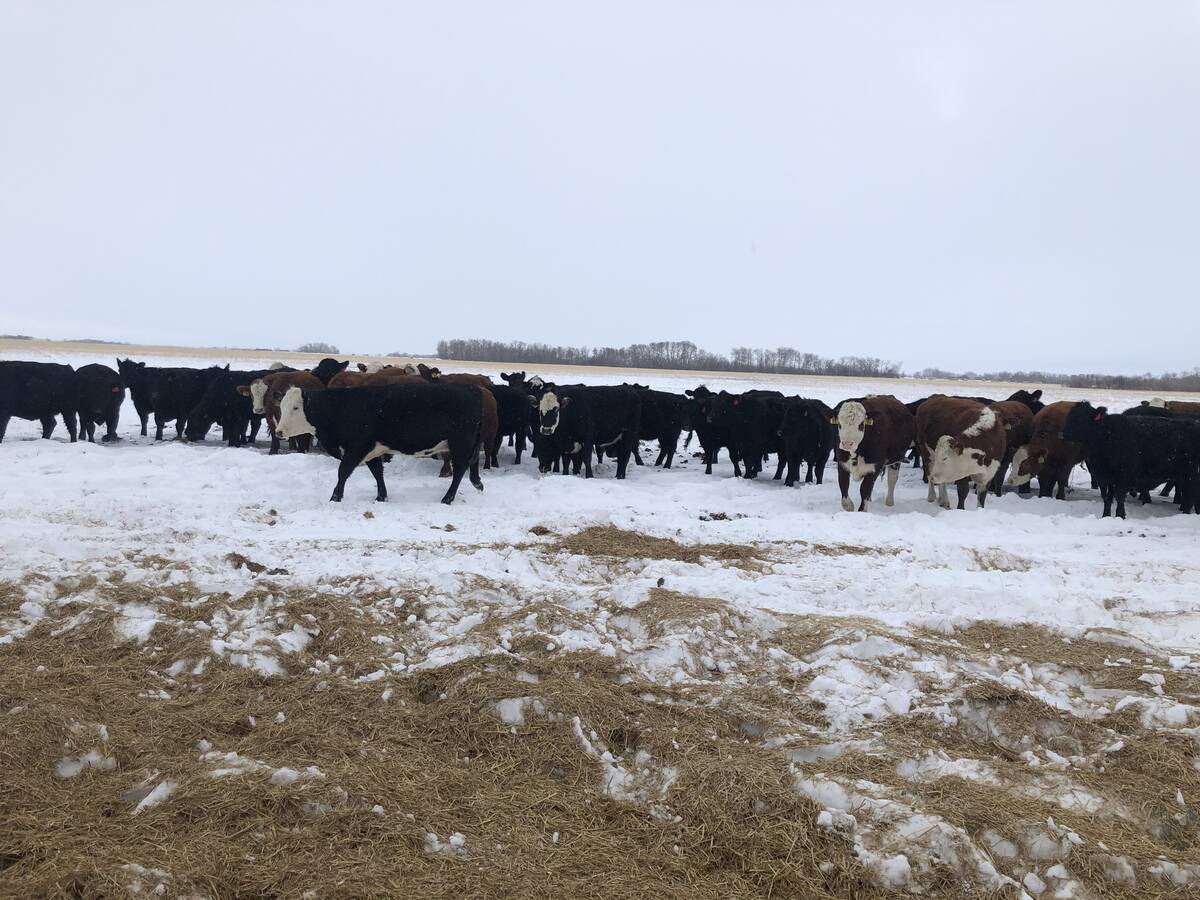
Picking the most efficient cows to rebuild your cow herd
A new cow ranking system to help beef farmers and ranchers pick the most efficient cows as they rebuild their herds.
As soon as I got home, I made a business card. If I recall correctly, I printed a few off my dot matrix printer. “Grazing Consultant.” It was a start. It didn’t take long before I was able to help a few local farmers who were curious about a better way to graze.
Only two months later, while networking at a grazing conference, I ran into the executive director of the Alberta Forage Council. They were just starting the Sustainable Grazing Mentorship Program. We chatted for a while and — most likely only because of my enthusiasm — he thought I would make a great mentor. Mentor sounded so much better than consultant anyway.
Now, this did not allow me to stop trucking or anything, but it gave me a chance to mentor a few more local producers interested in grazing. It didn’t pay well, but it didn’t matter because grazing was a passion of mine. The big benefit was that I became part of a group of advanced grazing mentors, and I learned so much from them. I was blessed to be under the wing of some great mentors, such as Jim Stone, Doug Wray, Ulla Thompson and Jim Bauer, just to name a few.
Then, in about 2008, the program took a leap with some funding and spread across Canada. Jim Stone was our fearless leader. The program received a bit of funding to bring in someone to mentor the mentors. As luck would have it, Jim Gerrish was our teacher. The time spent with him was invaluable.
All of these mentors are amazing graziers and I learned so much. The mentoring never really paid that well but I also learned from the producers. The knowledge that I received while being part of this group of mentors and mentees helped me build a profitable grazing business at home. That is what allowed me to quit the off-farm job.
Mentoring is not just about grazing. It’s about guiding producers to the right answer for their farm in their environment, with their own context.
Every farm is different and every farmer is different. What might work for me in my system might not work for someone else in their system. A mentor’s job is to provide ideas and support a producer in choosing a good path for their farm.
I have good news. In Canada, we have just developed a new, upgraded Canadian Grazing Mentorship Program. Through funding from the Farmers for Climate Solutions, the Canadian Forage and Grasslands Association has launched this new mentorship program. Mentors are now being mentored in each province and getting ready to hit the pasture running.
This is a great opportunity for any farmer to learn how to develop and plan an advanced grazing system with the guidance of a grazing mentor. Check out the Canadian Forage and Grassland Association website for details (canadianfga.ca).
I can’t emphasize enough how valuable it is to have a mentor to ask questions and bounce ideas off, while right on your farm.
We have heard so much lately about the importance of soil health so I’ll add a quote from one more of my great mentors, Gabe Brown. “Nothing builds soil faster than a well-managed perennial polyculture.”
If you are thinking about carbon, healing soil and even repairing your water cycle, this mentorship program just might be the stepping stone for you. It is difficult to start something new but with a bit of guidance and encouragement from a mentor right on your farm, that first post does not have to be so hard to pound.
Don’t miss this opportunity. The mentors in my life have been invaluable to me. A new and improved mentorship program is a great idea. Keep an eye out for two other mentorship programs as well: one on cover crops and the other on nitrogen management.




